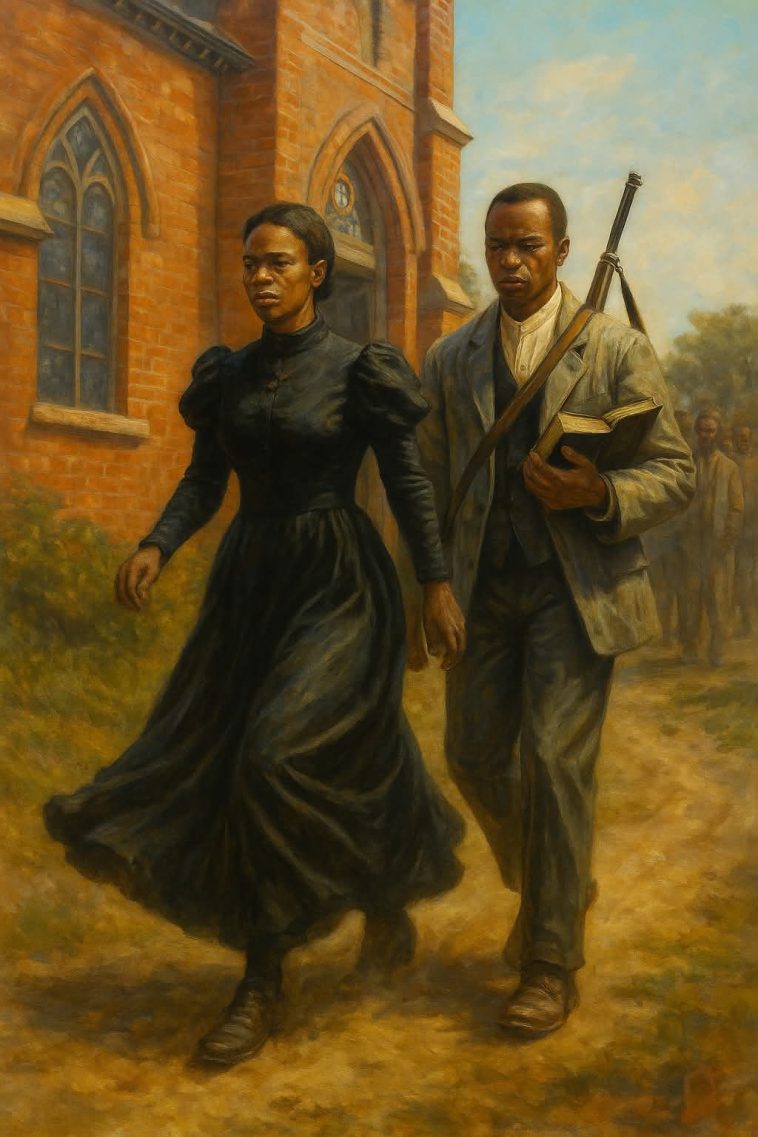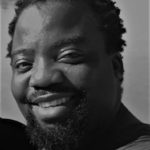Those who speak against this do so with a narrow mind and a defeatist mentality. As a people, we must continue to interrogate the John Chilembwe saga and never cease to question the prevailing narrative.
What makes one believe that Chilembwe might have escaped?
1. There was doubt from the word go
After the alleged killing of John Chilembwe, the soldiers involved were asked a critical question: “Are you sure this is Chilembwe?” Their response was, “Yes.” When asked further, “How do you know it is him?”, the answers were vague.
The soldiers in question were part of a patrol pursuing Chilembwe following the Nyasaland uprising. They included Private Nasulo, Sergeant Useni, and Garnet Kaduya, who claimed to have fired the fatal shot. Another soldier, John Thom, also testified at the Mulanje Boma about killing Chilembwe’s nephew, Moris.
This line of questioning was part of the process of confirming Chilembwe’s identity. From the onset, the very need to ask whether the man they had killed was indeed John Chilembwe reveals that doubt existed, even then.
2. John Chilembwe was a skilled hunter.
It is on record that in 1910, he was arrested in Mozambique for trespassing and hunting elephants. What does this tell us? Chilembwe knew the roads, trails, and bush paths of his native land better than most. It would have been easy for him to use those familiar routes, paths he had travelled countless times, to escape undetected.
3. His wife, Ida, was not Malawian.
She was Mozambican, with Portuguese ancestry. Chilembwe had (presumably) visited her home several times, and in any case, he had extended family and connections in Mozambique, an ideal place to flee to.
4. He fully understood the consequences of his rebellion.
Chilembwe was a strategic thinker. Knowing the weight of his actions, it is plausible he had planned his escape in advance, possibly even using decoys to mislead colonial forces.
5. He had a relationship with the Germans.
Historical evidence shows that the Germans were aware of his intentions. One of his letters to them was intercepted in Mozambique. Chilembwe utilized both Mozambican and Malawian courier services, suggesting a well-organized communication and possibly escape network.
6. Chilembwe’s sister was married to an American.
This part of his family has never been traced or investigated. But the connection implies that he had potential ties in the United States to whom he could have escaped.
7. There is no grave for John Chilembwe.
The official explanation is that the colonial authorities didn’t want to create a martyr. But another possibility is more unsettling, they weren’t entirely sure they had actually killed him and thus avoided formal burial to prevent future exposure.
8. What could have stopped him?
Why didn’t the colonial authorities pursue him directly, despite placing a bounty on his head? Could it be because they didn’t know where to begin? Or were they not confident he was dead and feared what they might uncover? Chilembwe was more exposed than we are taught and told. He lived a life that was way ahead of his time. He used to receive visitors from all over the world, especially America. He was not as simple as he is sometimes presented. He was a philosopher, a theologian, a Pan Africanist (a true one – read about his encounter with his South African counterparts in the US). He was very advanced. Anali mngelezi koma wakuda.
This post was created with our nice and easy submission form. Create your post!





